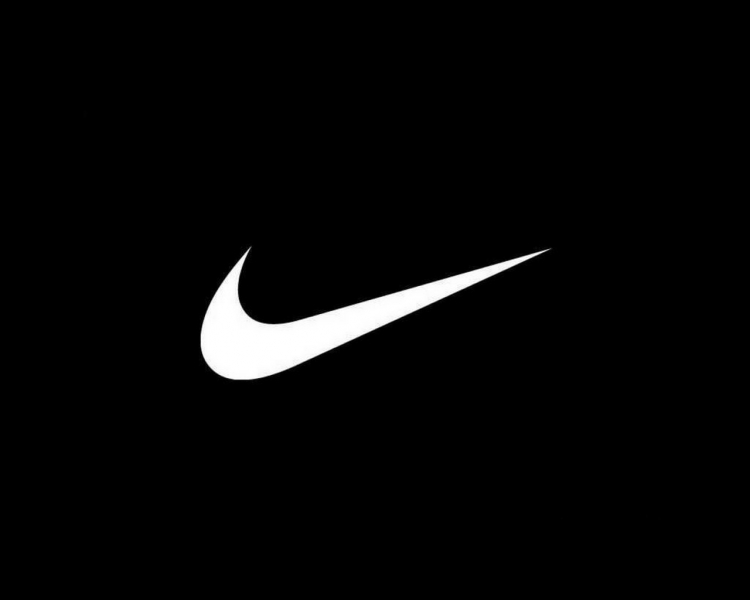Islamophobia: Companies Are Triumphing, While Countries Are Trumping.

Hijab-wearing Muslims haven’t existed in the media; and if the media doesn’t exhibit a people, then the general community finds them odd and, in some extreme cases, unacceptable. In fact, there have been intense discussions on Hijabs and the role it plays in feminism and patriarchal societies. But lately, Hijab-wearing Muslims are being showcased on different platforms. They have, for instance, infiltrated the fashion industry. Last year, H&M directed an ad starring a Hijabi-wearing Muslim and Dolce and Gabbana made headlines at the induction of it’s Abaya and Hijab line. Japanese apparel retailer, Uniqlo, was also widely acclaimed for its partnership with a Muslim designer, and when CoverGirl hired a Hijab-wearing ambassador in November 2016, the Muslim community was excited to receive more recognition in consumer products. It’s been an on-going trend in the fashion industry, and Nike finally caught up. Just this month, the fashion conglomerate announced its intention to work with Muslim athletes to produce sportswear conforming to their religious beliefs—not only long-sleeved sport shirts but also an actual hijab head and neck wrap.
Image credit: Wikiwand/Firdaus Latif
It’s very easy to just assume that companies are launching Muslim fashion lines to maximize their revenues (after all, economics teaches us that in every industry, a firm’s fundamental goal is to maximize its profit) by increasing consumer numbers. However, these companies have stated (and have proved) that their decision is solely based on promoting equality (and consequently, dismissing Islamophobia). After President Trump endorsed the prohibition of Syrian refugees—as well as citizens of seven Muslim-majority countries including Yemen, Iraq and Somalia—into the United States, Nike’s CEO, Mark Parker, released a powerful statement. He explicitly wrote, “regardless of whether or how you worship, where you come from or who you love, everyone’s individual experience is what make us stronger as a whole. Those values are being threatened by the recent execute order in the U.S. banning refugees, as well as visitors, from seven Muslim-majority countries. This is a policy we don’t support.” I think it’s safe to assume that Parker did not vote for Trump.
Image credit: Wikimedia/Mary Mark Ockerbloom
But Trump’s not the only country that is actively practicing bigotry towards Muslims. Last summer, Mayor David Lisnard of Cannes proposed the idea of prohibiting Burkinis (a dress-code conforming swimsuit) in France, arguing that it was “showing a religious affiliation while France and places of religious significance are the targets of terror attacks.” This proposition was applauded by several French nationals, including the Mayor of Villeneuve-Loubet, Lionnel Luca. His rationale—which was clearly targeted directly at Muslims—was that people should dress in a way “respectful to morality and secular principles, and in compliance with hygiene and safety rules.” Rape culture has already normalized raping girls and blaming it to "slutty" dressing, so isn’t being a little more covered safer?
Counties are yet to critically evaluate themselves and admit that they are practicing a new form of colonization over again. When it comes to dismissing stereotypes and embracing difference, companies are progressing while countries are regressing. The question remains, “are companies strong enough to fight for equality, or are they not as powerful as we think?”









